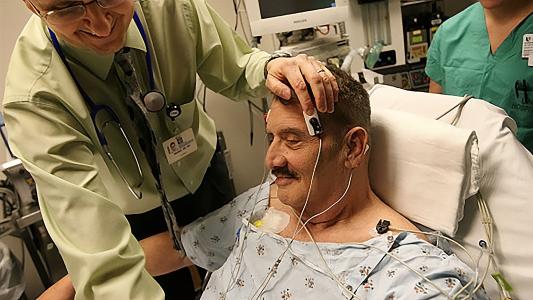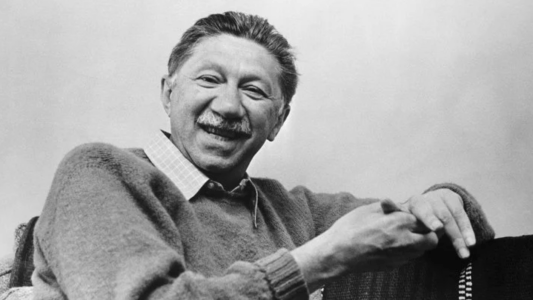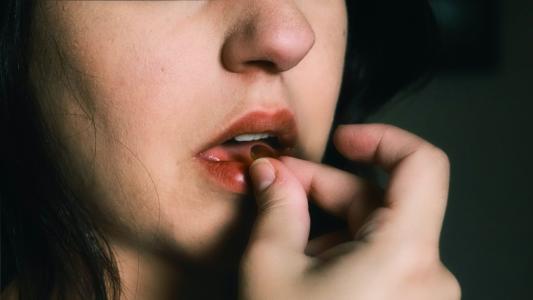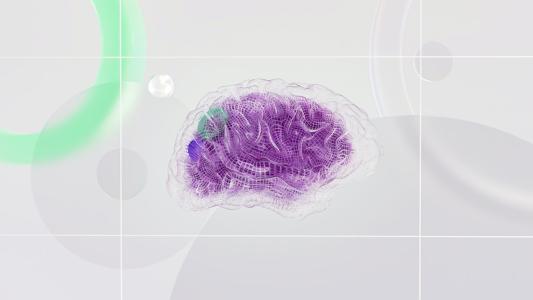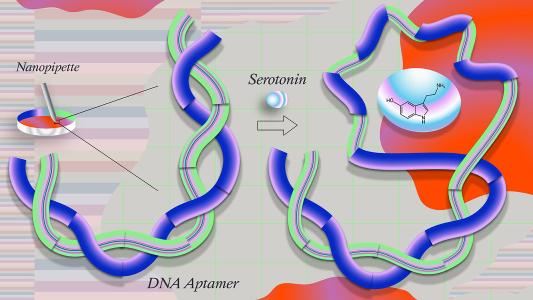Mental Health
Exercise boosts the brain — and mental health
New research is revealing how physical activity can reduce and even ward off depression, anxiety and other psychological ailments.
The science of habits
Whether you’re trying to break a bad habit or start a good one, psychologists have some tips to get you started.
Study finds mindfulness as effective as medication for anxiety
An intensive form of mindfulness was found as effective as Lexapro in treating anxiety in adults in the first head-to-head comparative study.
“Laughing gas” may offer quick, long-lasting relief from depression
With ketamine showing potential as an antidepressant, researchers investigate another anesthetic: nitrous oxide, or "laughing gas."
It’s time to change how we think about electroshock therapy
Electroconvulsive therapy is more effective than ketamine at treating severe depression, according to a new meta-analysis.
The missing apex of Maslow’s hierarchy could save us all
In his later years, psychologist Abraham Maslow added a new apex to the pyramid of human needs: self-transcendence.
Withdrawal symptoms from antidepressants can last over a year
A scientific review found that withdrawal symptoms from antidepressants and antipsychotics can last for over a year.
Deep brain stimulation can be life-altering for OCD sufferers when other treatment options fall short
Deep brain stimulation relies on thin electrodes implanted deep in the brain that deliver electrical currents. Could it treat OCD?
Shape-shifting DNA is helping researchers decode the human brain
Researcher Nako Nakatsuka has turned to DNA to tackle an important challenge: how do we measure chemicals in the brain?
Creatine, a popular exercise supplement, might help treat depression
Creatine shows promise as a treatment for depression, boosting the effects of SSRIs and potentially working as a standalone medication.




